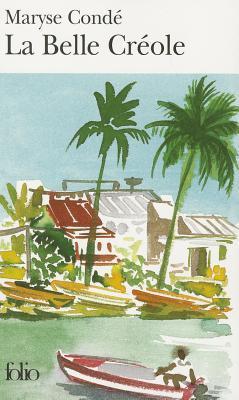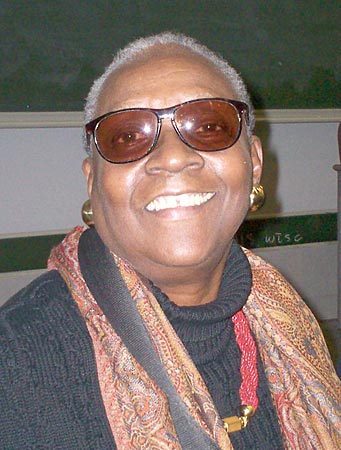
Possessing one of the most vital voices in international letters, Maryse Condé added to an already acclaimed career the New Academy Prize in Literature in 2018. The twelfth novel by this celebrated author revolves around an enigmatic crime and the young man at its center. Dieudonné Sabrina, a gardener, aged twenty-two and black, is accused of murdering his employer—and lover—Loraine, a wealthy white woman descended from plantation owners. His only refuge is a sailboat, La Belle Créole, a relic of times gone by. Condé follows Dieudonné's desperate wanderings through the city of Port-Mahault the night of his acquittal, the narrative unfolding through a series of multivoiced flashbacks set against a forbidding backdrop of social disintegration and tumultuous labor strikes in turn-of-the-twenty-first-century Guadeloupe. Twenty-four hours later, Dieudonné's fate becomes suggestively intertwined with that of the French island itself, though the future of both remains uncertain in the end. Echoes of Faulkner and Lawrence, and even Shakespeare's Othello, resonate in this tale, yet the drama's uniquely modern dynamics set it apart from any model in its exploration of love and hate, politics and stereotype, and the attempt to find connections with others across barriers. Through her vividly and intimately drawn characters, Condé paints a rich portrait of a contemporary society grappling with the heritage of slavery, racism, and colonization.
Author

Maryse Condé is a Guadeloupean, French language author of historical fiction, best known for her novel Segu. Maryse Condé was born as Maryse Boucolon at Pointe-à-Pitre, Guadeloupe, the youngest of eight children. In 1953, her parents sent her to study at Lycée Fénelon and Sorbonne in Paris, where she majored in English. In 1959, she married Mamadou Condé, an Guinean actor. After graduating, she taught in Guinea, Ghana, and Senegal. In 1981, she divorced, but the following year married Richard Philcox, English language translator of most of her novels. Condé's novels explore racial, gender, and cultural issues in a variety of historical eras and locales, including the Salem witch trials in I, Tituba: Black Witch of Salem and the 19th century Bambara Empire of Mali in Segu. In addition to her writings, Condé had a distinguished academic career. In 2004 she retired from Columbia University as Professor Emeritus of French. She had previously taught at the University of California, Berkeley, UCLA, the Sorbonne, The University of Virginia, and the University of Nanterre. In March 2007, Condé was the keynote speaker at Franklin College Switzerland's Caribbean Unbound III conference, in Lugano, Switzerland.